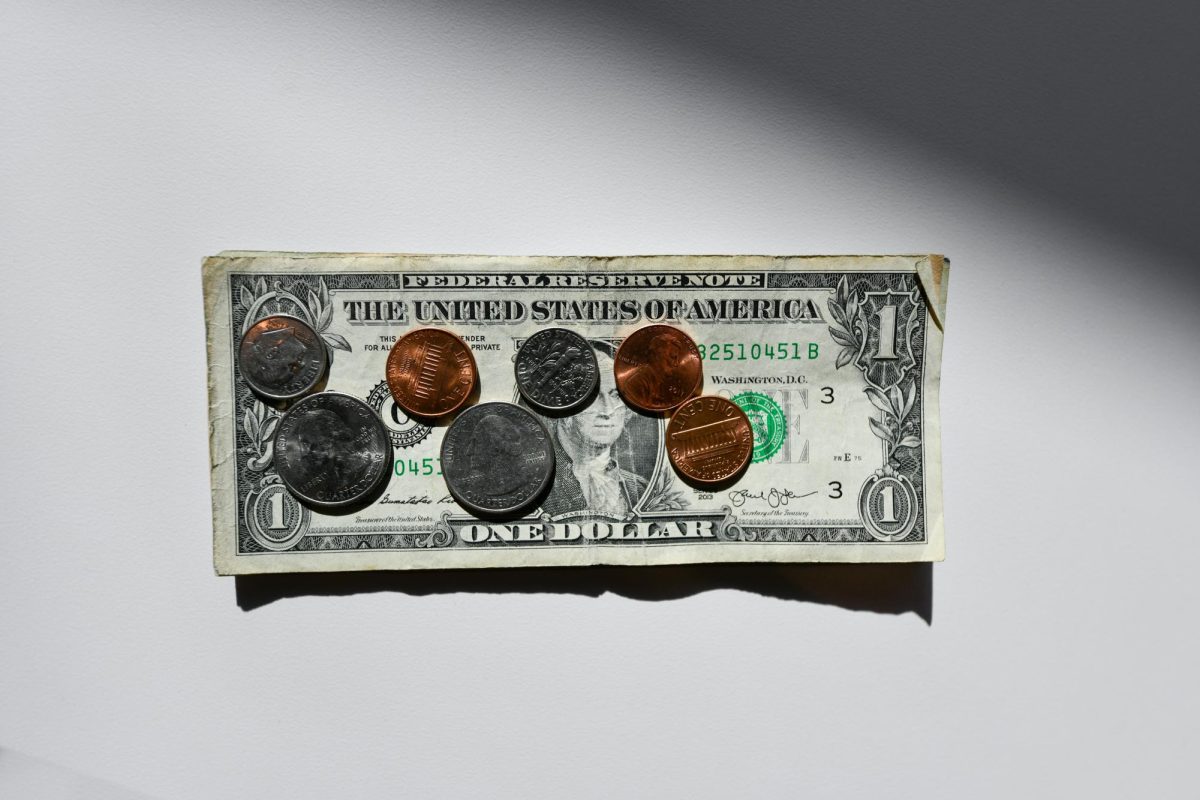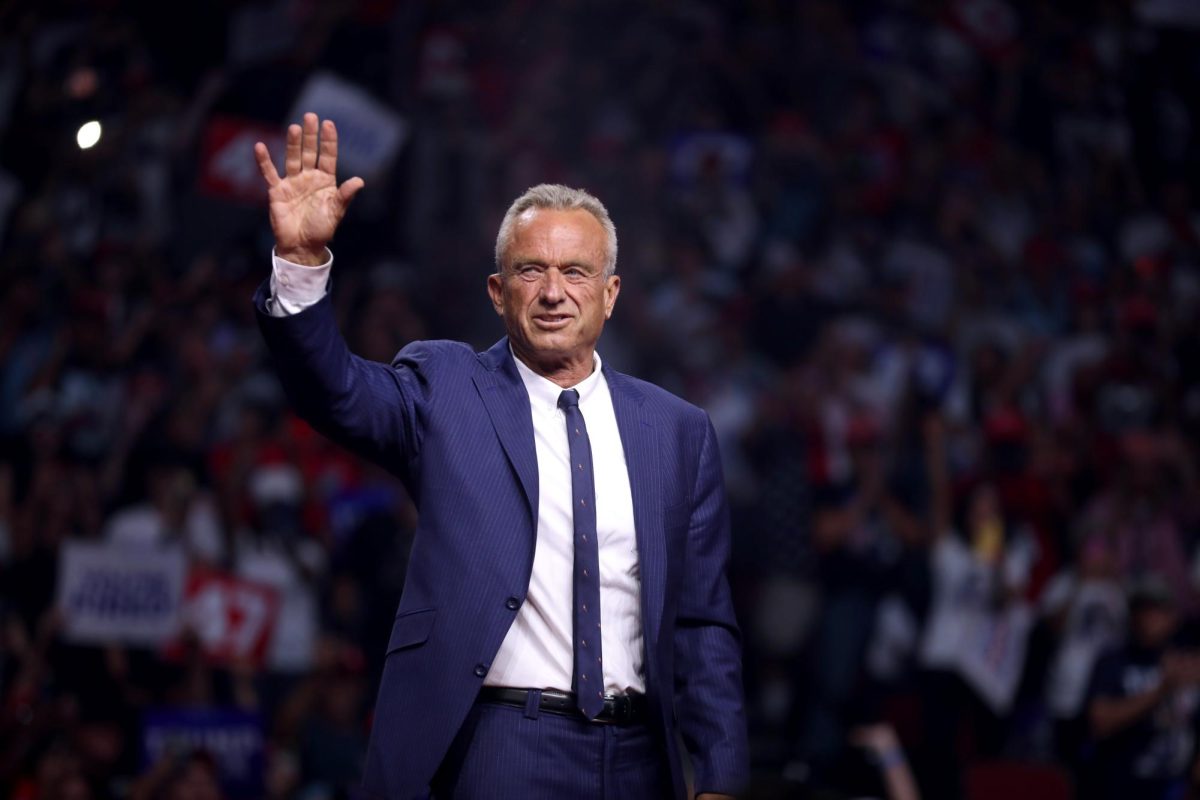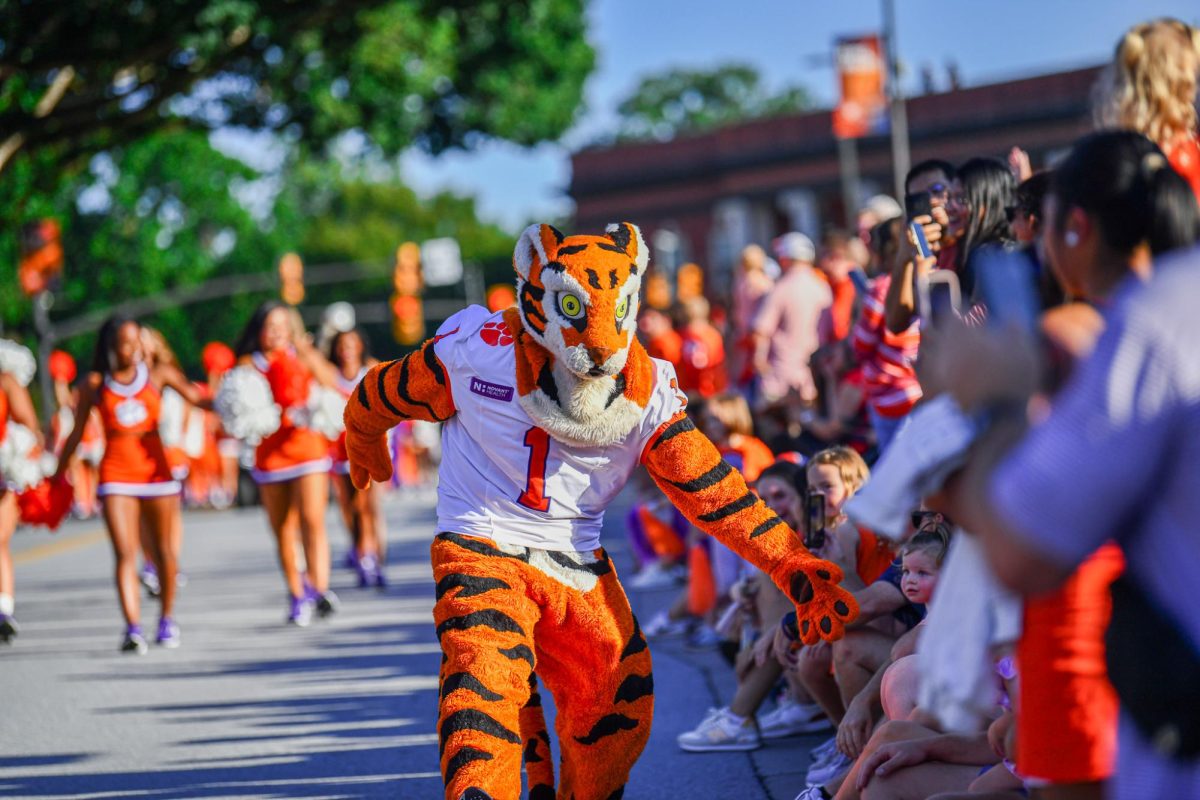On Oct. 23, the sports world stood still as one of the most frightening revelations arose: professional sporting events might be subject to real manipulation. Portland Trail Blazers coach Chauncey Billups, along with current Miami Heat guard Terry Rozier and former NBA player and coach Damon Jones, were arrested by the FBI on charges related to illegal gambling.
Billups, a former NBA champion and Finals MVP, was involved in a high-stakes mafia-linked poker ring alongside 30 other defendants. The scheme was similar to something typically seen in a Scorsese movie script, with the game tables having X-ray technology built within them, and the players themselves using high-tech glasses. Billups is also accused of informing bettor Eric Earnest that the Trail Blazers would be tanking several of the final games in the 2022-23 season.
Rozier and Jones’ scandals weigh heavily on the discipline and true nature of the NBA and its potential fixing. Rozier was accused of “telling co-conspirators how long he planned on playing before exiting a game with an injury so that co-conspirators could successfully wager on several prop bets for Rozier to stay under,” as reported by Yahoo! Sports.
Jones was accused of utilizing connections and his assistant coach status to reveal non-public information before it was revealed by news sites to sway bettors into placing bets before the odds shifted. It is noted that a prime example of this is Jones informing bettors that star LeBron James was sitting out of a Lakers game against the Milwaukee Bucks, texting the bettors, “Get a big bet on Milwaukee tonight before the information is out.” The Bucks would win the game that night, and James did, in fact, sit out.
The massive scandal is only over a year removed from the infamous Jontay Porter lifetime ban from the NBA for purposefully underperforming and leaving games early intentionally to allow big bets to hit on his name. Porter also placed 13 bets on NBA games on another user’s betting profile. The games never included any he played, but he did bet against the Toronto Raptors in three of those bets, the team he was suited up for at the time.
On top of Porter’s incident, the league is only a few months removed from the suspension and investigation of gambling efforts made by guard Malik Beasley in June.
The unfortunate and heavily disgraceful behavior exhibited by Billups, Rozier, Jones, Porter and Beasley is a product of the leeway the sports gambling industry has been given over the past 10 years. When a sports fan turns on their TV or streaming device to watch a game, it is impossible to watch without being bombarded by sports betting ads or betting reminders from analysts. It’s impossible to even go into a social media comment section of a game-related post without seeing the whines of fans whose bets did not hit that night.
The rise of such phenomena came after the 2018 Supreme Court case of Murphy v. National Collegiate Athletic Association, which reversed the Professional and Amateur Sports Protection Act of 1992 (PASPA) that outlawed sports betting nationwide. Ever since this case, DraftKings Instagram advertisements can be seen as often as every other post, and it’s hard to view a ranking of NFL MVP candidates without rankings being based on betting odds.
Even ESPN is a prime enabler of the problem at hand, having to sneakily remove its ESPNBet advert at the bottom of the ticker graphic during their segment on TV covering the recent scandal. For a program that is regarded as the crème de la crème of the sports world, their concession into a toxin in the sports world is appalling.
The sports world is undoubtedly about numbers. Points per game, passing yards, goals and uncommon stats such as value over replacement player, wins above replacement and true shooting percentage. These numbers are certainly addicting to a sports fan who wants to see the game beyond just the eye test. Now, the feed is flooded with +300, -175, over/unders. What this does is turn down the competitive spirit of sports and draws fans to watch the wrong side of things: it’s no longer watching your favorite team or such great players; it’s watching as if it’s life or death. It’s watching if you’ll get a boost in money, or else that player is worthless to you.
Obviously, there can be hypocrisy in play for those who do not bet but participate in paying for fantasy football leagues. Both place players into virtual scoring worlds and positions for the added benefit of watching the games for potential monetary incentive in the end, but it’s hard to see players intending to throw games or performances to score fewer fantasy points.
Besides simply the decay of what sports fans should really be paying attention to, betting also ruined the integrity of the game itself. This sentiment can go for any sport. When it becomes a matter of players who need to score this certain number of points or less, you will see rare cases of Rozier or Porter biting the bullet of corruption and taking the easy route to a bonus on their already massive contracts. The basis of leaving your heart on the floor has tumbled away completely, and they’ll instead fix games for incentives.
It’s a myth as old as time that professional sports are rigged and Vegas controls the script. Yet, as more scandals arise with high-profile players and coaches’ involvement in the manipulation of game results for money, it can be very concerning for both sports fans and those working within the industry. Hopefully, FBI crackdowns on such incidents can lead to a reconsideration of the Murphy case or even a cigarette advertisement approach to sports gambling: it can be legal, but advertised way less, or not at all.
Gambling itself is already such a poison to the world, a classified addiction and destroyer of mental health. Adding fuel to this flame would be the association with the ever-popular sporting world, allowing corruption to sway sports and their fans alike. It leads younger sports fans to be vulnerable to its grasp and can easily take control of the urge to want to put in more money without a second thought. Soon, all sports fans will know over/under odds, if it’s not the only thing they already know.
Calvin Lymper is a freshman sports communication major from Cherry Hill, New Jersey. Calvin can be reached at [email protected].















